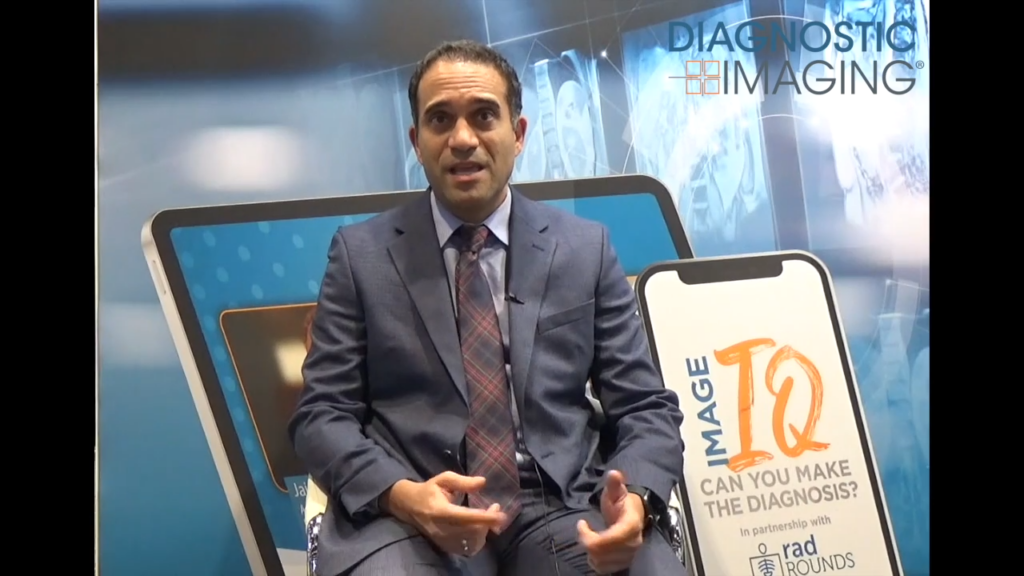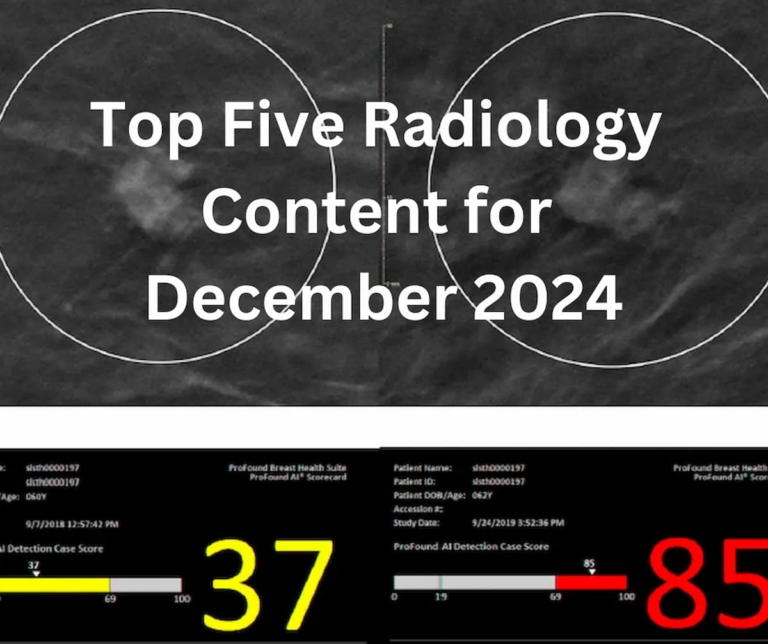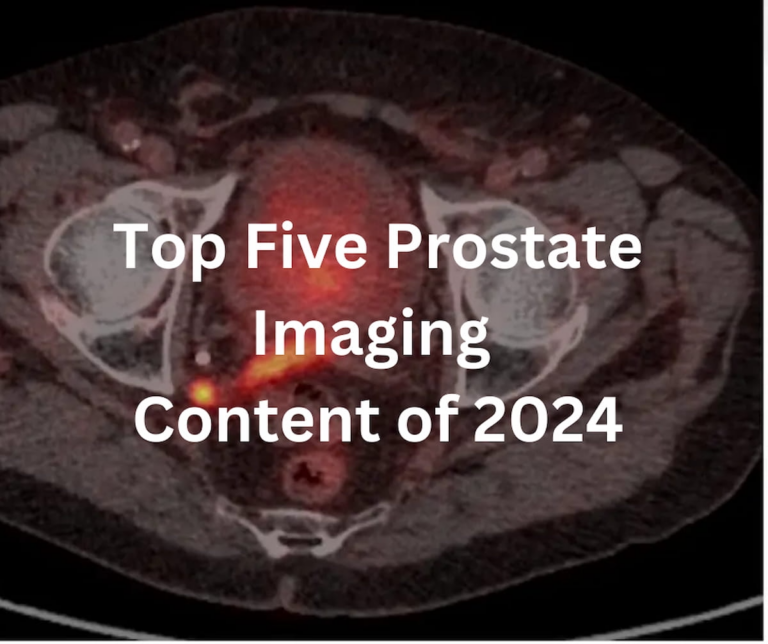
Recent research unveiled at the Radiological Society of North America (RSNA) conference suggests that the loss of skeletal muscle may significantly influence the risk of developing dementia. This compelling study utilized brain MRI scans to investigate this potential relationship, focusing specifically on the temporalis muscle as a marker for generalized sarcopenia, or muscle loss.
The study involved a review of brain MRI data from 621 participants who did not have dementia, with an average age of 77.3 years. These individuals were part of the Alzheimer’s Disease Neuroimaging Initiative cohort. Researchers established a cut-off point of 1076.4 mm to differentiate between large and small cross-sectional areas (CSA) of the temporalis muscle. Upon analysis, they determined that 488 of the participants had a small CSA, while 131 had a larger CSA.
Dr. Kamyar Moradi, the lead author of the study and a postdoctoral research fellow at the Johns Hopkins University School of Medicine, reported a crucial finding: the presence of sarcopenia was linked to a 61% increase in the risk of developing dementia over a median period of approximately six years. This significant insight was discussed in a recent interview at the RSNA conference alongside Dr. Shadpour Demehri, the senior author of the study.
Dr. Demehri, a professor of radiology at Johns Hopkins University, has been exploring muscle biomarkers and their potential predictive value. He noted that the temporalis muscle is consistently visualized in conventional brain MRI exams, which sparked his interest in using this existing data as a proxy marker for sarcopenia. His aim was to assess whether evaluating muscle markers could improve outcome predictions.
The findings didn’t stop at increased dementia risk. The researchers discovered that participants with a smaller temporalis muscle CSA also experienced more pronounced declines in brain structure and memory performance. These discoveries underscore the potential value of utilizing brain MRI scans for opportunistic screening, providing a pathway for preventative strategies aimed at building muscle and possibly mitigating dementia risk.
Dr. Demehri emphasized the significance of muscle health and its potentially reversible nature, indicating that interventions could profoundly impact health outcomes. “Muscle loss or changes in muscle composition is something that is fundamentally reversible,” Dr. Demehri explained. He suggested that reversing muscle decline might mitigate or even prevent the adverse effects associated with cognitive decline.
This research opens the door for more extensive exploration into how muscle and brain health are interconnected, referencing the concept known as the “muscle-brain cross talk.” As our understanding of this relationship grows, it may pave the way for innovative treatments and preventive measures in the fight against dementia.


